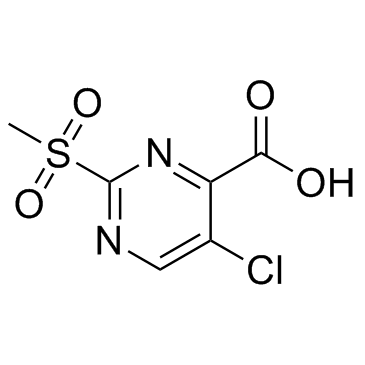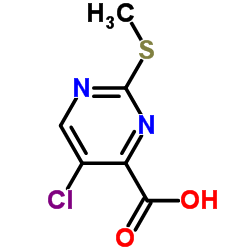| Description |
PK11007 is a p53 targeting compound, has anti-tumor activities through activation of unstable p53.
|
| Related Catalog |
|
| Target |
p53[1]
|
| In Vitro |
PK11007 (15-30 µM) reduces the viability of mutant p53 cell lines MKN1 (V143A), HUH-7 (Y220C), NUGC-3 (Y220C), and SW480 (R273H/P309S). PK11007 also shows inhibitory activities against the p53 wt cancer cell lines HUH-6 and NUGC-4, as well as the fibroblast cell line WI-38 only at high concentrations (60 and 120 µM). PK11007 increases levels of p53 target genes and activates the unfolded protein response pathway. PK11007 also increases p53 activity in HUH-6 and NUGC-4 cells. PK11007 induces cell death via caspase-independent pathways. PK11007 (30, 60 µM) induces reactive oxygen species (ROS) especially in mutant p53 cells[1]. PK11007 inhibits the proliferation of a panel of 17 breast cell lines, with IC50s ranging from 2.3 to 42.2 μM[2].
|
| Cell Assay |
Cell viability is measured using the CellTiter-Fluor cell viability assay kit. Cells are seeded in 96-well plates at 7,500-15,000 cells per well and incubated overnight. Samples are prepared in medium with a twice-as-high compound (including PK11007), and DMSO concentration then added to an equivalent volume of growth medium, yielding a final DMSO concentration of 0.5%. After incubating of cells for 23 h or the respective time period, CellTiter-Fluor reagent is added to each well and incubated again for 45 min. Fluorescence is then recorded on a PHERAstar plate reader using 400/500 nm excitation/emission filters. Experiments are performed in quadruplicate[1].
|
| References |
[1]. Bauer MR, et al. 2-Sulfonylpyrimidines: Mild alkylating agents with anticancer activity toward p53-compromised cells. Proc Natl Acad Sci U S A. 2016 Sep 6;113(36):E5271-80. [2]. Synnott NC, et al. Mutant p53 as a therapeutic target for the treatment of triple-negative breast cancer: Preclinical investigation with the anti-p53 drug, PK11007. Cancer Lett. 2018 Feb 1;414:99-106
|

 CAS#:61727-33-1
CAS#:61727-33-1 CAS#:38275-47-7
CAS#:38275-47-7